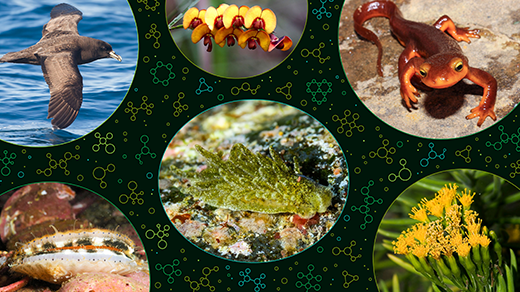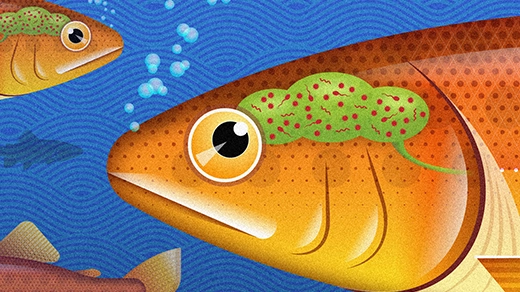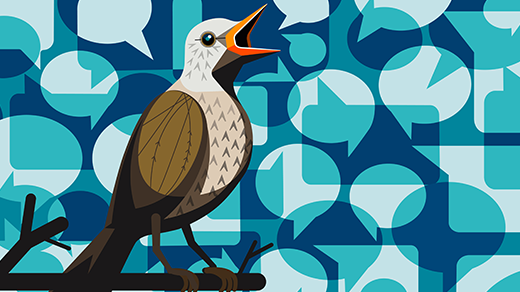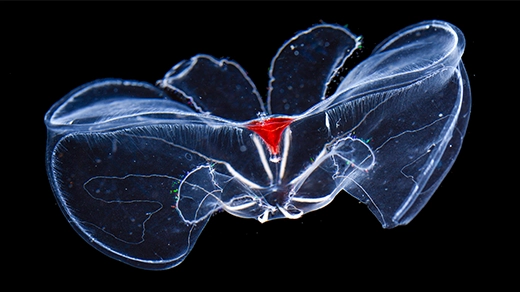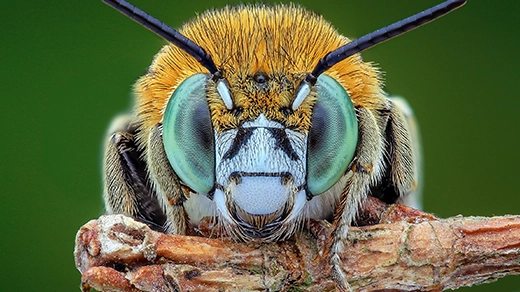What's up in
Animals
Latest Articles
A New, Chemical View of Ecosystems
Rare and powerful compounds, known as keystone molecules, can build a web of invisible interactions among species.
The ‘Elegant’ Math Model That Could Help Rescue Coral Reefs
Physicists and marine biologists built a quantitative framework that predicts how coral polyps collectively construct a variety of coral shapes.
Fish Have a Brain Microbiome. Could Humans Have One Too?
The discovery that other vertebrates have healthy, microbial brains is fueling the still controversial possibility that we might have them as well.
What Can Birdsong Teach Us About Human Language?
We often consider spoken language to be a feature that distinguishes humans from other forms of animal life. Brain research, however, suggests that other creatures — including certain birds — share some of our neural circuitry related to language. In this episode, co-host Janna Levin explores the origins and underlying mechanisms of human speech and birdsong with neurobiologist and geneticist Erich Jarvis.
The Hidden World of Electrostatic Ecology
Invisibly to us, insects and other tiny creatures use static electricity to travel, avoid predators, collect pollen and more. New experiments explore how evolution may have influenced this phenomenon.
The Cellular Secret to Resisting the Pressure of the Deep Sea
Cell membranes from comb jellies reveal a new kind of adaptation to the deep sea: curvy lipids that conform to an ideal shape under pressure.
Ecologists Struggle to Get a Grip on ‘Keystone Species’
More than 50 years after Bob Paine’s experiment with starfish, hundreds of species have been pronounced “keystones” in their ecosystems. Has the powerful metaphor lost its mathematical meaning?
Insects and Other Animals Have Consciousness, Experts Declare
A group of prominent biologists and philosophers announced a new consensus: There’s “a realistic possibility” that insects, octopuses, crustaceans, fish and other overlooked animals experience consciousness.
How Is Flocking Like Computing?
Birds flock. Locusts swarm. Fish school. From chaotic assemblies of life, order somehow emerges. In this episode, co-host Steven Strogatz interviews the evolutionary ecologist Iain Couzin about how and why collective behaviors arise.
